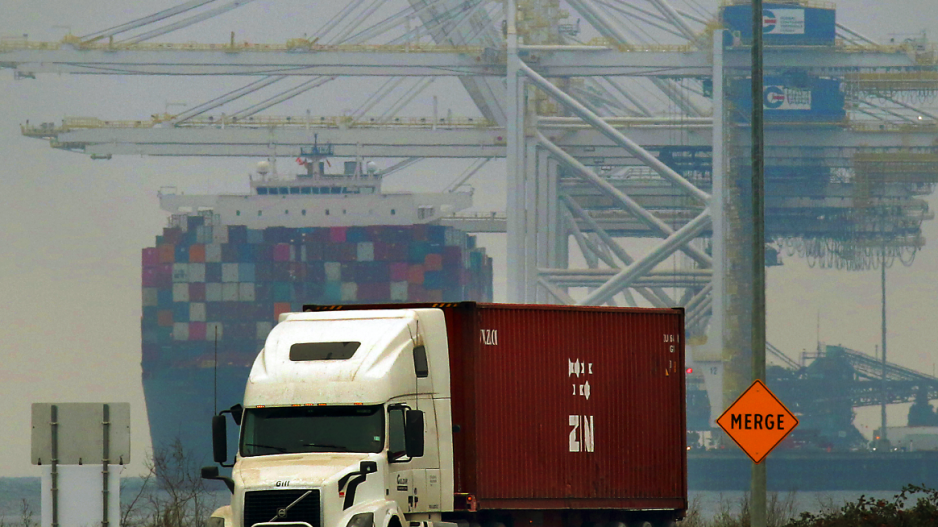The ever-expanding global COVID-19 coronavirus outbreak has now led to Canada closing its borders to foreigners (American citizens excluded), but experts note that Ottawa’s call to keep trade open makes sense in the bid to balance Canadians’ health and economic well-being.
Prime Minister Justin Trudeau said in his address Monday announcing the closure of Canadian border entries to all non-Canadian residents – outside of the notable exception for U.S. citizens – that Canada is not closing its doors to import/export shipments at various port and other shipping facilities.
In his address, Trudeau addressed both trade and U.S. citizens maintaining access to Canada as logistics decision, as “the integration of the two economies put the U.S. in a separate category.” In addition, B.C. trade and logistics experts say Canadians still need supplies to maintain some normalcy in their everyday lives, and keeping the trade routes open is integral to that process.
“The ports-of-entry for trucks is a very critical component of our integrated economy,” said Werner Antweiler, associate professor at UBC’s Sauder School of Business and the director of the school’s Prediction Markets program. “It’s critical in getting everyday supplies in and out of Canada in both directions. In that sense, by keeping the border open [to trade], you are essentially saying it remains open because it is our lifeline.”
The decision to bypass U.S. citizens on the non-resident entry ban, Antweiler said, follows the same logic; while global trade with other countries does not require human-to-human contact (and border entries for individuals) because the use of container ships, trade with the U.S. is at such a level that sorting out an entry ban for U.S. truckers would be massively disruptive - especially in an environment where some Canadians are stocking up on supplies and creating shortages.
“It’s about minimizing the contact between individuals, and at the same time not impeding the flow of goods that is essential for the good of the Canadian economy - as long as it is safe to continue,” Antweiler said.
The UBC professor added that - given the scale of disruption has now expanded beyond COVID-19’s origin point of Wuhan, China to cover much of Asia, Europe and North America - multinational businesses may be forced to look into how global supply chains can be more resilient to massive events such as this outbreak in the future.
Options, he said, include businesses potentially looking at changes to inventory policy (to prolong a company’s ability to stave off supply-line disruptions), finding alternative suppliers for each of the specialized components needed for the manufacturing of a certain product, and – if all else fails – looking at ways to safeguard the continuation of production at a few key locations where crucial component production have to be located.
“The problem is the we have very complex goods today,” Antweiler said. “The supply chain extends to multiple countries, and they all have to come together to make a product happen. So any disruption at one location could be critical… So you have to make sure you have strategic options, that you are no longer dependent on just one location. Have some redundancy in your supply chain. Identify the points of possible disruptions and inventory accordingly.”




